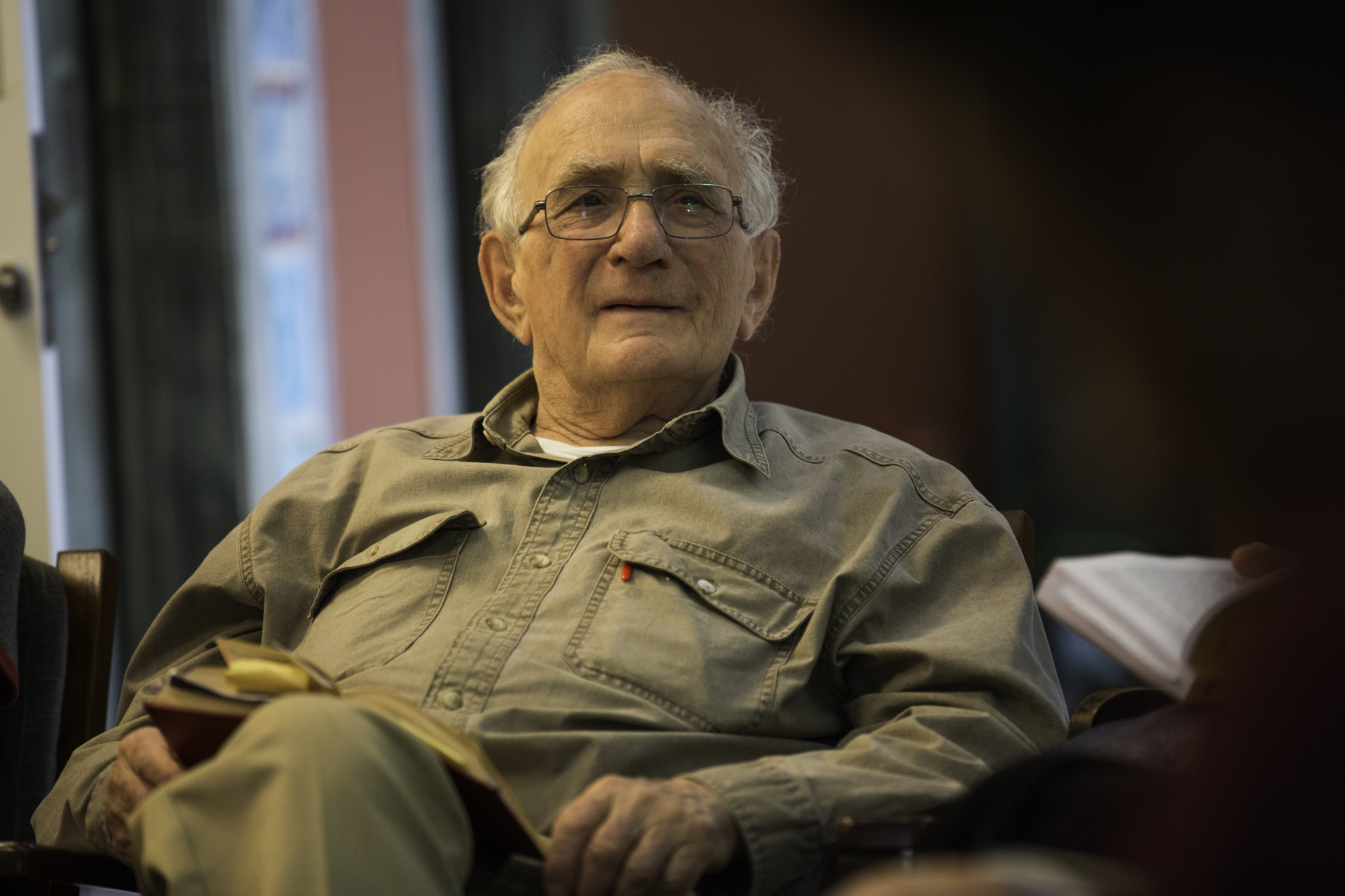About Norman Gall
Norman Gall has been engaged in reporting and research on Latin America since 1961, residing in Puerto Rico (1961-67), Venezuela (1968-74) and Brazil (1977 to present). Born in New York City in 1933 and educated in New York public schools York and New York University, has been executive director of the Fernand Braudel Institute for World Economics in São Paulo since 1987 and editor of Braudel Papers, its bimonthly research and opinion journal, published in English and Portuguese. It was Guggenheim Fellow (1968-69) and twice Visiting Fellow at the Woodrow Wilson School of Public and International Affairs, Princeton University (1967-68 and 1972-73). For the American Universities Field Staff (AUFS), he conducted research in Peru, Venezuela, Dominican Republic, Colombia, Bolivia, Chile and Brazil. As a Senior Associate at the Carnegie Endowment for International Peace, he conducted a three-year research project (1974-77) on the emergence of Brazil as a force in international affairs. hemispheres while on leave from AUFS. As a contributing editor of the São Paulo-based Forbes magazine, he reported on the evolution of the world economy in Brazil, Japan, Europe, the United States, Brazil, Mexico, Venezuela, Peru, Argentina and Chile. He was a consultant for the Exxon Corporation (1979), the World Bank (1984-85; 1989-90) and the United Nations (1985). His work has been published in The New York Times, The Wall Street Journal, The Washington Post, The Economist, The Baltimore Sun, Newsday, The Philadelphia Bulletin, The New York Review of Books, The Times Literary Supplement (London), Commentary, The New Republic, The Nation, The New Leader, The Nation, The National Catholic Reporter, The Observer, The New Statesman, Le Monde, Esprit (Paris), Die Zeit (Hamburg), O Estado de S. Paulo, Jornal do Brasil and other European and Latin American periodicals.

Journalism
Gall is an active journalist, writing for dozens of international publications on economic, social, political and cultural perspectives in Latin America and the world. Usually the result of immersions that last for months in some country or region, their reports are long, detailed and accompanied by extensive critical analysis. In the 1960s, he wrote hundreds of articles on topics such as rural education in Puerto Rico, labor problems in the San Juan waterfront, small factories in the Puerto Rican town of Aibonito, guerrillas in Colombia, economic development in Bolivia, mining in Bolivia, violence in Nicaragua, the Duvalier regime in Haiti, political assassinations in the Dominican Republic, Maoist guerrillas in Peru, guerrillas in Venezuela, guerrillas in Guatemala, the relationship between State and Church in Cuba, the arrest of Juan Peró in Rio de Janeiro and social tensions in Juarez City. He was the first to reveal the CIA's role in the assassination of Dominican dictator Rafael Trujillo in 1961, and the first to reveal in detail the peasant revolt in southern Peru. His reports on human rights include “Slaughter in Guatemala” [The New York Review of Books, May 20, 1971] and “São Domingo: the Politics of Terror” [The New York Review of Books, July 2, 1971]. In the 1970s it covered the election of Salvador Allende (“Chile elects a revolution”). His 25,000-word article “Peru: the Master is Dead,” published in [Dissent] in June 1971, detailed the Peruvian military regime and its land reforms. “Peruvian Educational Reform” was a long report from 1974 that was published in Spanish as “La Reforma Educativa Peruana” (Lima, Mosca Azul Editores, 1976). During his five decades of research and work in Latin America, Gall maintained a strong interest in public education, participating in the Fernand Braudel Institute of World Economics' Reading Circles project. In a Braudel Paper published in 2016, “Ceará goes to School: Shakespeare in Quixeramobim”, Norman describes the impact of education reform in Ceará, one of the poorest states in Brazil.
Awards and Recognitions
Gall was awarded a Guggenheim Fellowship in 1968 to study Iberian and Latin American history.[3] He was a Visiting Fellow at the Woodrow Wilson School of Public and International Affairs at Princeton University between 1967 and 1968 and 1972 and 1973. In 2010, he was awarded the Moors Cabot Prize, the oldest award in journalism, given by the University of Columbia. The university announced during the ceremony that “Norman Gall has been publishing on Latin America for half a century. He has covered the devastation of the Amazon in the 1970s, the vulnerabilities of the Revolutionary Institutional Party of Mexico in the 1980s and, more recently, the institutional weakness revealed by the great Brazilian corruption scandal during the government of Luis Inácio Lula da Silva in 2005. For a decade, Gall has united the worlds of journalism and academia with the creation of the São Paulo-based Fernand Braudel Institute for World Economics, where he writes and publishes in-depth reports in English, Portuguese and Spanish.[4] The award commended Gall for his “half century of reporting, analysis and commentary across the Americas of unparalleled depth, scope and quality.”[5]